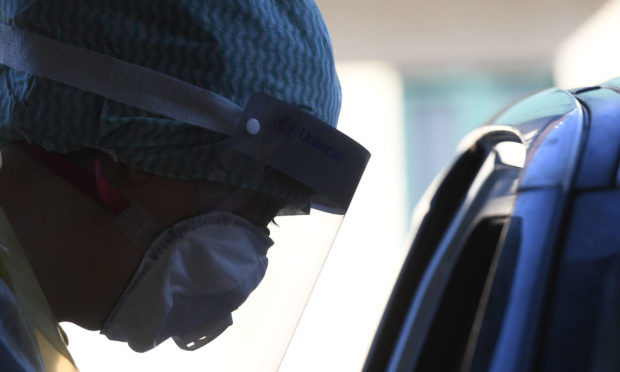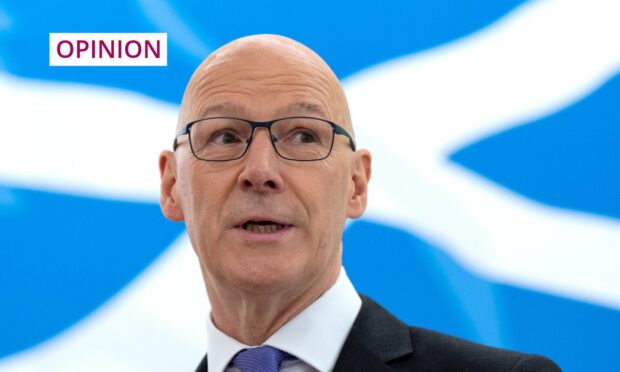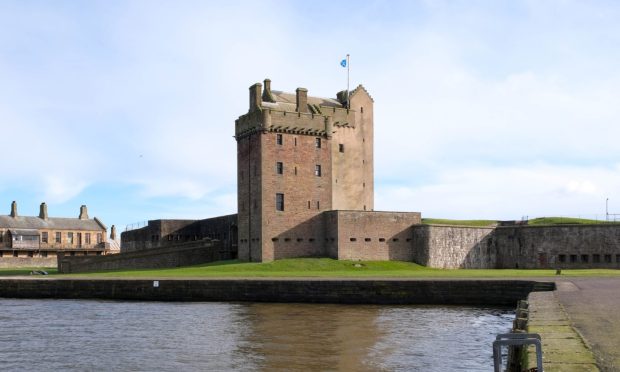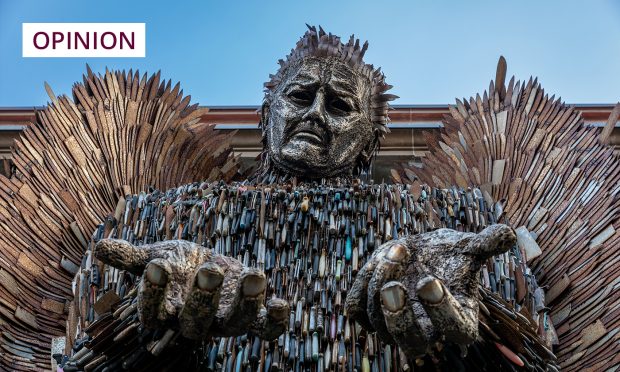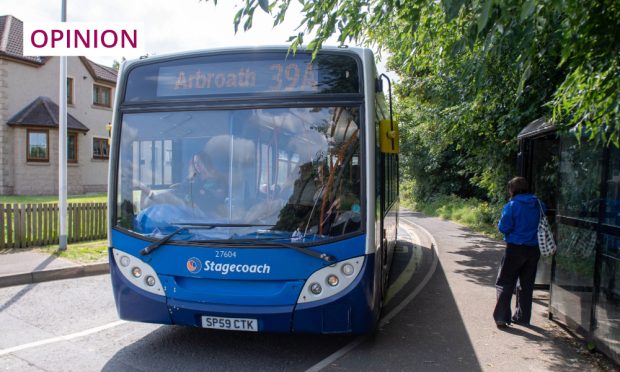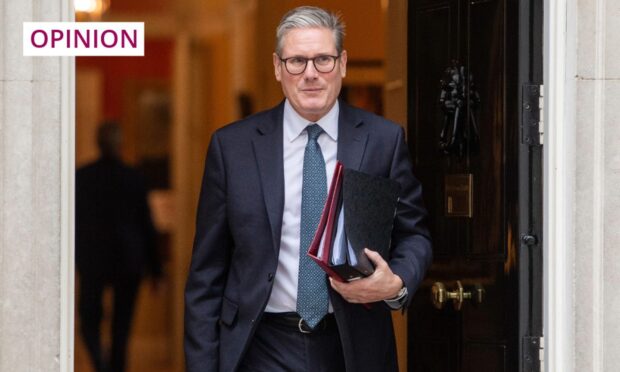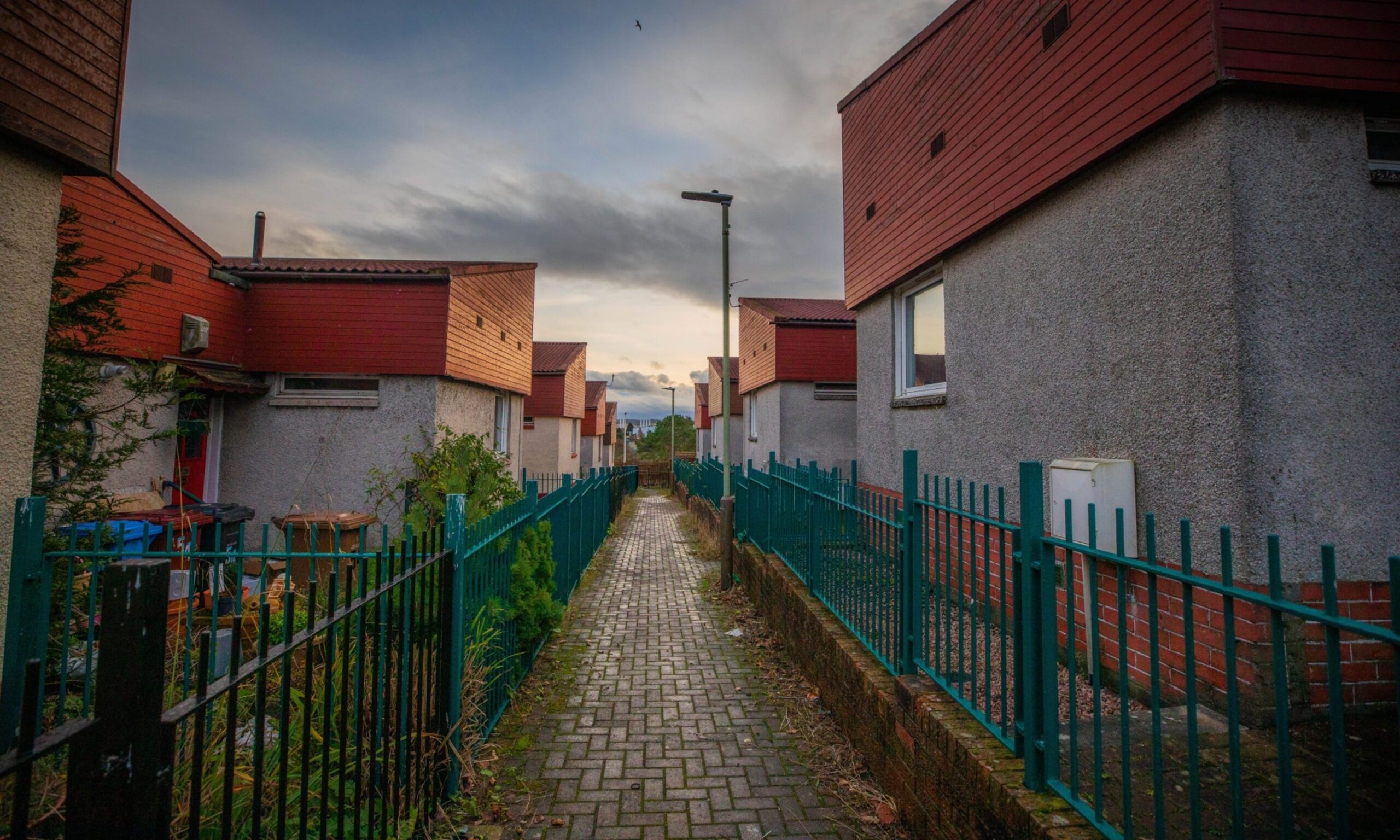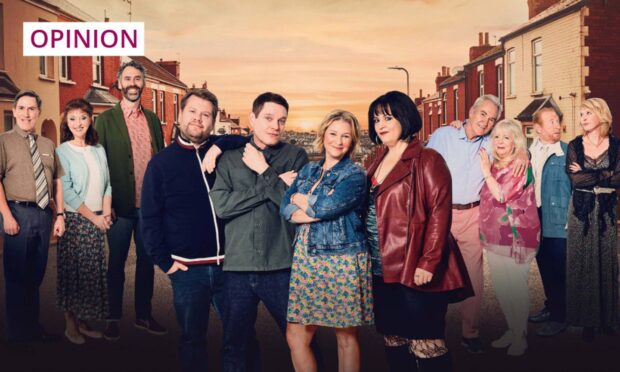Sir, –The World Health Organisation is very clear that, in times of pandemic, the best, most effective defence is to test for the spread of disease, and then isolate.
If you don’t know where it is, you can’t fight it, and if you don’t know who has it, you cannot prevent them from spreading it further.
But the UK has not followed this mass testing approach.
The UK has adopted a policy of social distancing, which I think most people are complying with to the best of their ability.
But the number of people contracting the virus is still increasing hugely and the number of deaths in Scotland is doubling roughly every 2.5 days.
Scotland is currently testing at the rate of about six tests per positively identified case, slightly more than the UK’s four tests per case, but very much short of Germany’s 23 tests or South Korea’s 46 tests.
Those countries which had to deal with the SARS outbreak in 2003 are notably testing at a much higher rates, some upwards of 50, or even 100 times identified cases, presumably based on hard experience.
Surely it is long past time for a concerted effort to frequently test our medical and frontline staff, to protect them and their patients, and to test and isolate everyone who has come into contact with anyone who either tests positive or starts to show symptoms.
Once we know who has the virus, and who has had it and now has immunity, we might be able to ease current restrictions on movement, which otherwise might go on for a very long time, with all the disastrous consequences
It would seem to me, and I claim no specialist knowledge whatsoever, that following the advice of the WHO, and the example of those countries who have fairly recent experience of dealing with lethal pandemics, becomes more of a no-brainer with every day that passes.
Les Mackay.
5 Carmichael Gardens, Dundee.
Prayers for NHS frontline staff
Sir, – The coronavirus lockdown came in the middle of Lent when 1.3 billion Christians were involved in prayer, fasting and giving alms as a build up to Holy Week.
Despite closed churches, we and other religions have been able to attend services via religious apps which allow us to stay in contact.
The show of applause for the NHS workers has touched all of our hearts, as we have realised that our fast moving world is no replacement for family and friends.
We pray for the brave nurses and doctors who are in the frontline of fighting this pandemic.
Britain has returned to its old spirit which was based on Christianity and love of neighbour.
All religions in Britain are praying for the NHS as we approach the sacrifice of Jesus on the cross for the sins of the world.
Good Friday is special this year and the triumph of Easter will remind us that death of the body releases the human soul to go back to God.
Please stay indoors, keep to the rules and stay safe.
Pray for all of us as well as the NHS.
Philip J Kearns.
47 Grove Road,
Dundee.
Covid-19 tax on second homes
Sir, – By visiting her holiday home in Fife, former Chief Medical Officer for Scotland Catherine Calderwood has inadvertently shone a bright light on the issue of Scotland’s second homes.
Figures for 2018, provided by the National Records office for Scotland, state that there are 25,000 such second or holiday homes in Scotland.
In view of the Covid-19 health crisis, surely now is the time for the Scottish Government to enact emergency legislation for an NHS Scotland Covid-19 Tax of £5,000 for every second or holiday home.
Such a tax would result in revenue of £125 million which would be a useful sum for the NHS in Scotland.
It would also be very popular with Scots who wish to protect our NHS and save lives.
Jim Stewart.
23 Market Street,
Musselburgh.
Scottish firms shortchanged
Sir, – The Fraser of Allander Institute has predicted that Scotland will face a loss of 25% of its gross domestic product if the current lockdown lasts for three months.
This ‘unprecedented shock’ to our economic system will affect all areas, except agriculture.
How fortunate we are to have the massive heft of the UK economic and financial system to sustain us in this crisis.
Had Scots voted to leave the UK in 2014, we would have been entirely on our own.
It is disappointing, to put it no stronger, that the Scottish Government has not entirely distributed the extra £2.2 billion provided to it by HM Treasury to support small businesses in the way intended and in the manner which is being done in England.
There, a business with several branches receives £25,000 per branch.
In Scotland, the figure is £25,000 per business, regardless of the number of branches.
Perhaps someone would ask the Scottish Government why this is?
Jill Stephenson.
Glenlockhart Valley,
Edinburgh.
Celebrating the Declaration
Sir, – For a small country Scotland has produced many world changing things from ideas to science.
One of these successes is the Declaration of Arbroath which influenced what makes a country and how its leaders should act.
I am sad to say this document has had very little official recognition, which shouldn’t surprise anyone as celebrating Scottish success is frowned upon by some of our more bitter unionists.
The English Magna Carta, which had no real legality in Scotland as it was signed some 500 years prior to the union of equals, is an important document nonetheless.
It was celebrated with coins from the royal mint, postage stamps and various other events.
The Declaration of Arbroath has had hardly any recognition.
There are no stamps or coins or even an event on TV.
It has been left up to ordinary people to commemorate, with the exception of some celebrities.
I have no idea if these omissions are by design from the British state and, in many cases the Scottish Government, or simply that they have no knowledge of the influence Scots have had on the world.
Either way it is quite shameful.
Bryan Auchterlonie.
Bluebell Cottage,
Perth.
